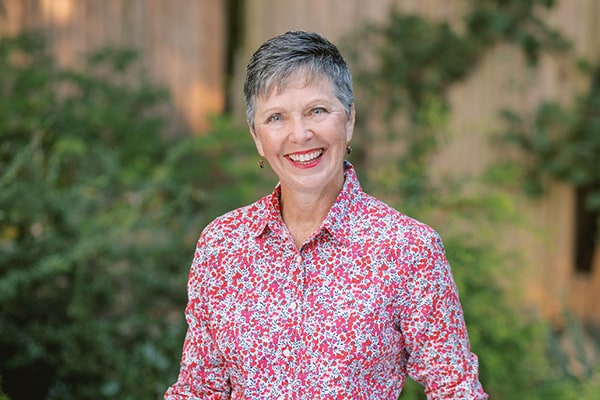 Socializing is always a hot topic, today even more so. The way that our earliest caregivers communicate the outside world plays a significant role in our initial formation of how to listen, express empathy and navigate relationships. Group therapy offers a unique opportunity to practice unfamiliar behaviors and get feedback on how it feels to give and receive in relation to others.
Socializing is always a hot topic, today even more so. The way that our earliest caregivers communicate the outside world plays a significant role in our initial formation of how to listen, express empathy and navigate relationships. Group therapy offers a unique opportunity to practice unfamiliar behaviors and get feedback on how it feels to give and receive in relation to others.
Our earliest experiences are filled with needs: hunger, warmth, safety, and rest. A lack of consistent responses from over-tired, inexperienced, depleted, and unavailable parents lead to imperfectly met needs. And yet it is the best that parents have to offer at that moment. Left with gaps in our needs, our internal nurturance is wired for longing on some very small or very large scale. As we begin to interact with the external world: family, playmates, neighbors, and strangers, we are barraged with messages: look this way, act that way, rules, expectations, models of behavior and more. These messages are grounded in gender, religion, ethnicity, culture, and economics.
We pay a price when we strive to conform to society’s message of acceptability. Hiding our authentic, imperfect self elicits acceptance while invalidating all that feels most familiar and true. The energy that is required in presenting the “acceptable self” draws away from the energy needed to be present, available, listening, non-judgmental, empathetic, and safe. Trusting that you will be seen and accepted as your true self, requires practice. Healing your shame, fear, and exposed parts feel risky.
Group therapy offers an environment where trust can be learned and established, mistakes are made and welcomed, and members hold each other in empathy. Imagining what it is like to be in another person’s world and how that might feel introduces the process of self-awareness of your feelings. Feelings are not facts, but they are real. And like the weather they come and go without our ability to make that happen. Feelings are reflexive. The thoughts and behaviors that follow are what we can notice and change.
Exploring our feelings in group dialogue improves our listening skills. When we stop listening to respond and start listening to hear, everything slows down and the seeds for healing are sown. From these seeds empathy, validation, and change can blossom.

